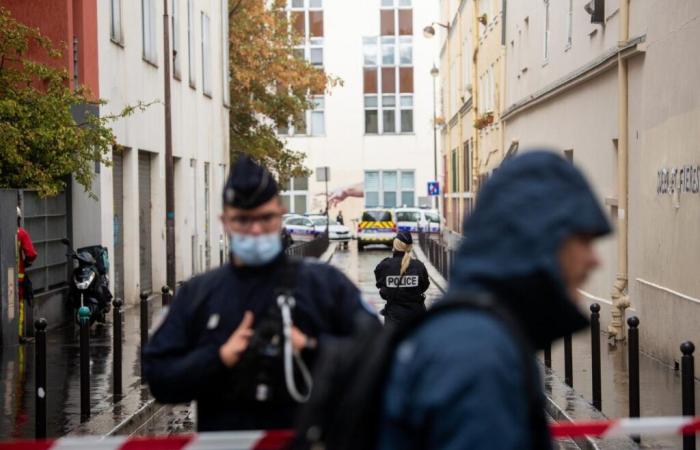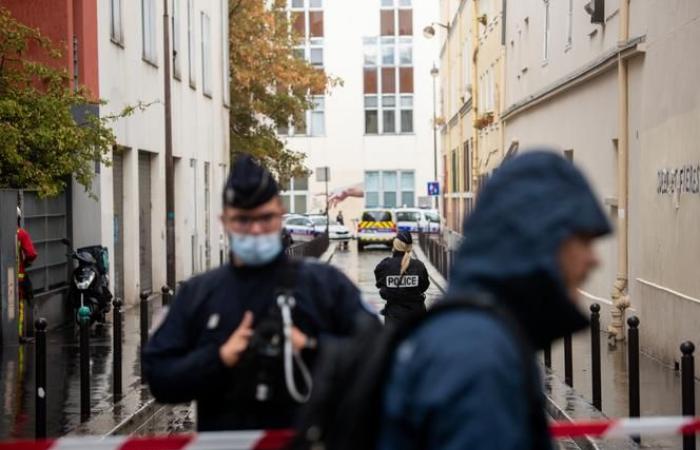The caricatures of Mohammed published by Charlie Hebdo acted as a powerful revealer of the different forms that Islamist terrorism has taken over the years. The attack of January 7, 2015, perpetrated by the Kouachi brothers and sponsored by Al-Qaeda, was purely jihadist in nature. The assassination of Samuel Paty, accused of blasphemy by a student's parent and an Islamist agitator before being beheaded, on October 16, 2020, by a young radicalized Chechen, illustrated the porosity between Islamist discourse and action jihadist and the harmfulness of certain uses of social networks.
A few weeks before the assassination of the history-geography professor, another attack, which left two people injured, on September 25, 2020, in front of the former premises of the satirical weekly, and for which the trial opens on Monday January 6, had highlighted a third manifestation of this threat: “cultural” terrorism. This attack was not inspired by a jihadist group or by a controversy concerning the educational content of a college course, stirred up in France on social networks, but by the penal code in force in a foreign country, Pakistan, where blasphemy is punishable by death.
You have 81.02% of this article left to read. The rest is reserved for subscribers.
France







